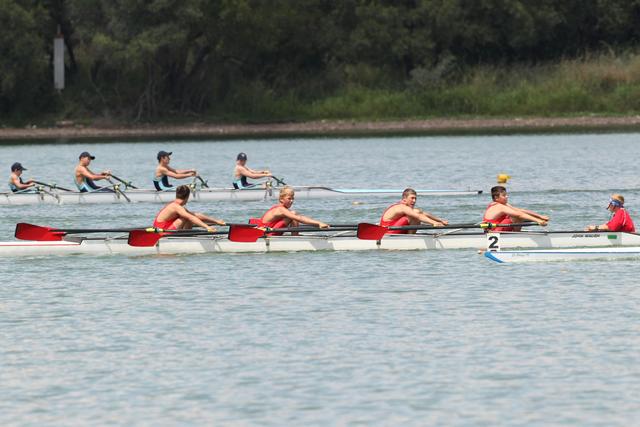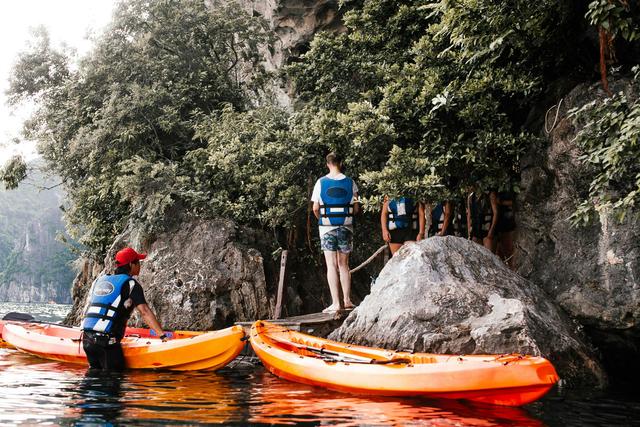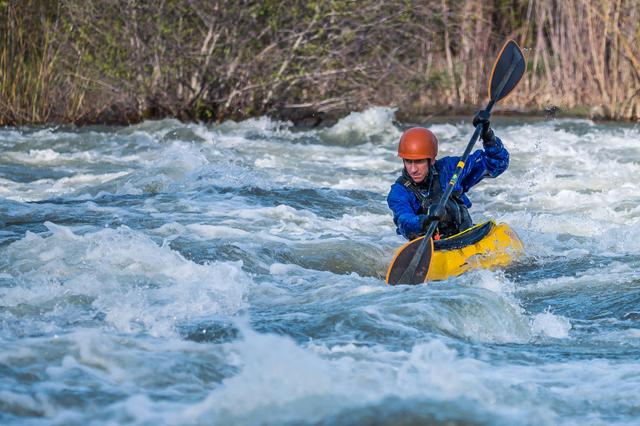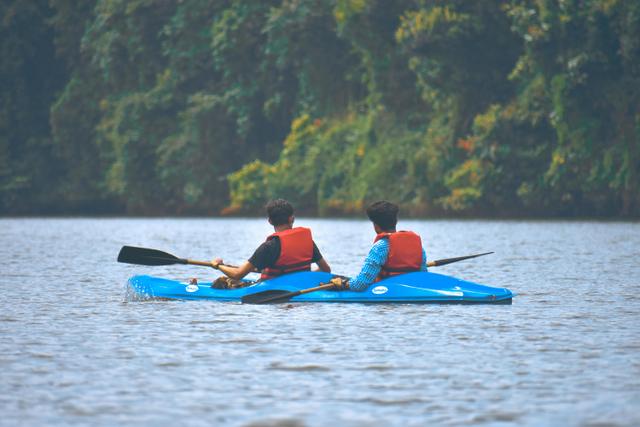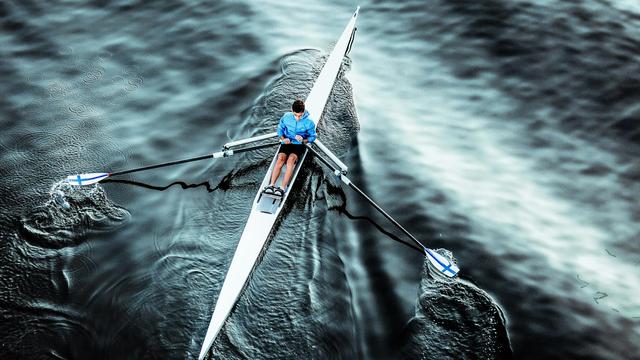Flatwater canoeing For Kids In The UK
Flatwater canoeing presents a delightful venture for children in the UK, offering a serene yet adventurous gateway into the realm of water sports. Paddling gently over the tranquil surfaces of lakes, slow-moving rivers, and ponds, children not only connect with nature but also cultivate essential life skills. This activity provides an ideal environment, leveraging calm waters for a safe and enjoyable experience.
With roots extending back to the late 19th century, flatwater canoeing has become deeply embedded in the UK's recreational culture. It was during these early years that the initial canoe clubs began to form, ushering in an era of growing enthusiasm for this graceful water sport. By the mid-20th century, this enthusiasm had surged, culminating in the establishment of the British Canoe Union in 1966. This pivotal development marked a significant chapter in structuring and propagating canoeing activities across the nation, ensuring structured growth and expanding access.
Today, the legacy continues with numerous clubs across the UK dedicated to nurturing young paddlers. These clubs offer structured training programmes specifically designed for children, making it convenient for eager young minds to dive into the world of canoeing. Through these programmes, children are guided by expert instructors who ensure that each participant not only learns the basic techniques of paddling but also embraces the broader aspects of being on the water. Thus, flatwater canoeing in the UK stands as a celebrated gateway for kids to embark on a lifelong journey of exploration and enjoyment in the great outdoors.
The Benefits of Flatwater canoeing
Flatwater canoeing is an enriching activity that delivers substantial health benefits to children partaking in this serene sport. Engaging various muscle groups, including arms, back, and core, canoeing serves as an excellent physical workout that not only enhances muscular strength and flexibility but also improves cardiovascular endurance. This improvement in physical fitness is crucial during the developmental years of a child.
Moreover, paddling through tranquil waters offers mental health benefits as it allows children to disconnect from daily stresses, fostering a peaceful state of mind. This connection with nature can considerably decrease anxiety and boost concentration and focus. The calm yet disciplined environment promotes mental clarity and reduces behavioural issues.
The social aspect of canoeing shouldn't be overlooked; it teaches valuable lessons in teamwork and cooperation. Children learn to communicate effectively and work harmoniously in synchrony to navigate the waters, which enhances their social and interpersonal skills. Additionally, it builds confidence as each session on the water presents new challenges and learning opportunities, helping children to become competent and self-assured.
Lastly, canoeing introduces children to essential water safety skills. Learning in a controlled and safe setting, they gain practical knowledge about handling themselves safely in aquatic environments, which is an invaluable skill set for life.
FAQs
- Is flatwater canoeing suitable for very young children in the UK? Answer: Yes, flatwater canoeing is suitable for young children from the age of 4 years and upwards. Starting them young helps to instil confidence and basic paddling skills. It’s important for them to be supervised by adults and to paddle in calm, safe environments tailored to their age and skill level.
- What are the key benefits of flatwater canoeing for children? Answer: Flatwater canoeing offers numerous benefits for kids, including increased physical fitness through engaging key muscle groups and improving cardiovascular health. It also enhances mental well-being by reducing stress and boosting focus. Furthermore, it teaches valuable teamwork and social skills, especially when paddling in groups. Lastly, it fosters important water safety skills and builds overall confidence and self-esteem.
- Do children need to join a club to canoe, or can they start with family outings? Answer: While joining a canoe club can provide structured learning and community support, children can also start canoeing with family outings. This can be a more flexible and personal way to introduce them to the sport, allowing them to learn at their own pace. Both options have their benefits, and combining them can provide a comprehensive experience.
- What should parents consider when choosing a canoe club for their children in the UK? Answer: Parents should consider the club’s accreditation, the qualifications of the instructors, the safety measures in place, and the age-specific programmes offered. It is also helpful to look into the club’s member reviews and the variety of activities they offer to ensure a supportive and enjoyable environment.
- Are there any specific safety regulations in the UK that apply to children’s canoeing activities? Answer: Yes, there are specific safety regulations in place, including mandatory life jackets for all children, regardless of their swimming capabilities. Clubs and organisations are also expected to adhere to child protection policies and ensure that all activities are supervised by qualified personnel. Parents should verify that these regulations are followed to maintain a safe and productive environment for their children.
